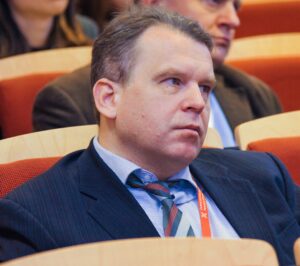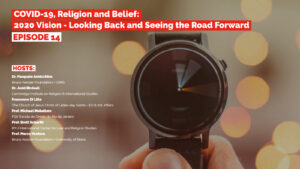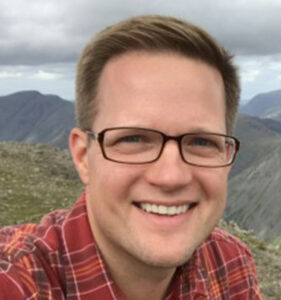Russian Orthodox Symphonia in the Time of Coronavirus

Mikhail Antonov is a Professor of Law associated with the Law Faculty at the National Research University “Higher School of Economics” (Saint Petersburg)
In “The Basis of the Social Concept of the Russian Orthodox Church,” adopted at the Sacred Bishops’ Council of the Russian Orthodox Church (the ROC) on August 14, 2000, the Church referenced the medieval conception of Symphonia to describe the church’s ideal relationship with the Russian state in terms of “body” (state) and “soul” (church): “it is in their linkage and harmony that the well-being of a state lies.” According to the Social Concept, the ROC affirms the general principle of separation of church and state, which is that they shall be distinguished by their competences or spheres of authority, and that cooperation must be based on “mutual support and mutual responsibility without one side intruding into the exclusive domain of the other” (section III.4).


